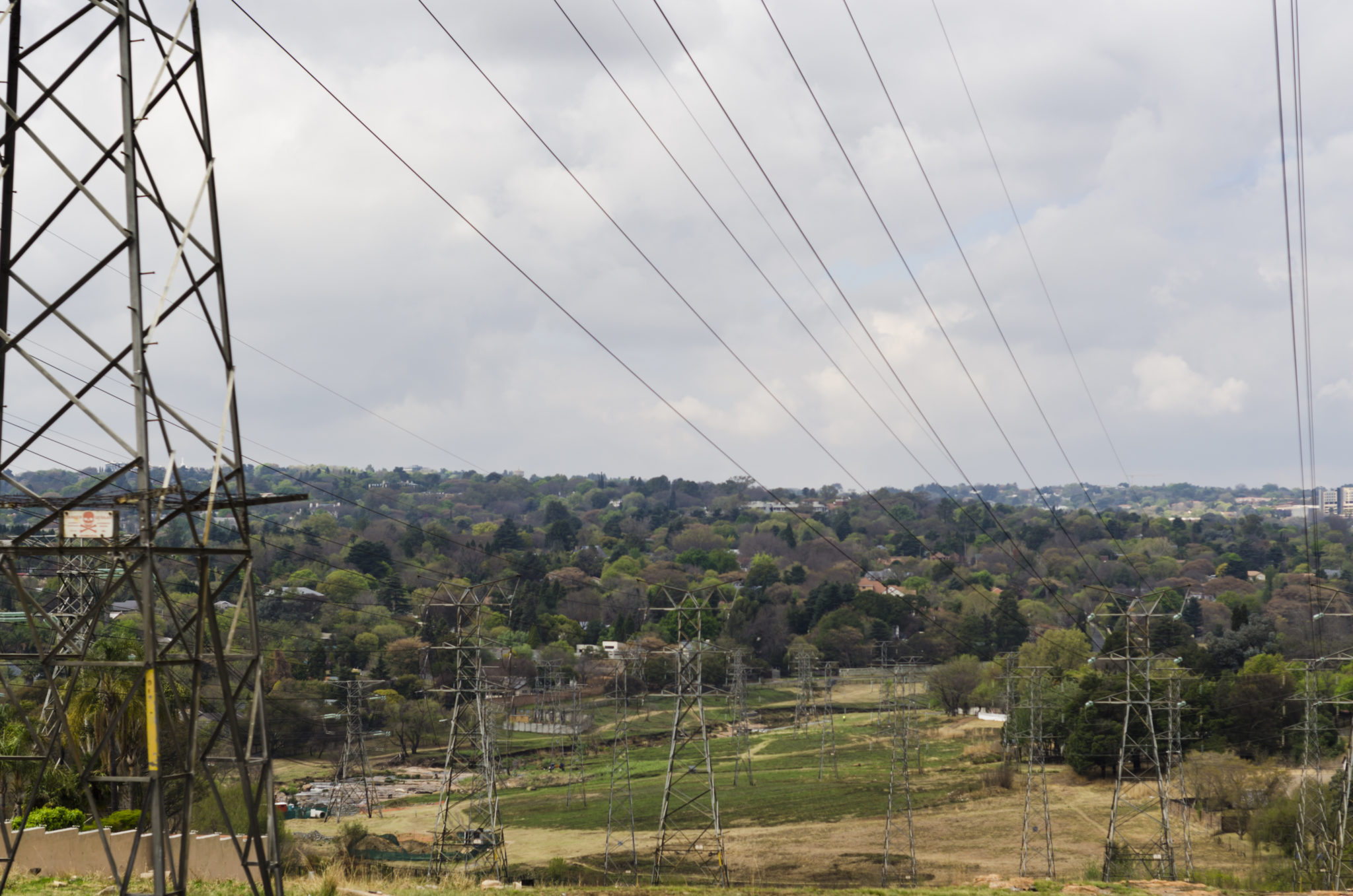South African power utility Eskom cut electricity for a fourth straight day on Wednesday, as the department of public enterprises warned the struggling state-owned firm needed a cash injection by April to survive.
Eskom, which supplies more than 90 percent of the power in Africa’s most industrialized economy but is laden with more than $30 billion of debt, is battling a shortage of capacity that threatens to derail government plans to lift the sluggish economy.
President Cyril Ramaphosa said last week that the government would support Eskom’s balance sheet but said details would be announced in a budget speech by the finance minister on Feb. 20.
The department of public enterprises, which oversees Eskom, said in a presentation to parliament that Eskom was technically insolvent and would “cease to exist” at the current trajectory by April, unless it gets the bailout. The minister, Pravin Gordhan, however, ruled out privatization of the utility.
The department also said Eskom was struggling to keep its mainly coal-fired plants running due to coal shortages and poor maintenance, with 40 percent of breakdowns a result of human error.
The cash-strapped company said it would cut 3,000 megawatts (MW) of power from the national grid from 0600 GMT on Wednesday, likely until 2100 GMT. This follows a similar cut on Tuesday and 4,000 MW on Monday in the worst power cuts seen in several years that drove the rand currency down on Monday. The rand was slightly firmer against the U.S. dollar on Wednesday.
Around a third of Eskom’s 45,000 MW capacity was offline on Tuesday.
The power cuts are prompting frustration among ordinary South Africans, with traffic gridlock in major cities during rush hours as traffic lights stop working and switched-off fans leave office workers sweating in the summer heat.
Business owners with no access to backup power sources have also been hit.
“We’re struggling,” said Eunice Mashaba, a manager of a textile shop north of Johannesburg who said he had to close the shop early on Tuesday because most customers do not carry cash but have to rely on debit or credit cards for payment.
Ramaphosa announced a plan last week to split Eskom into three separate entities in an effort to make it more efficient as he tries to lift the economy before an election in May, but faces opposition from powerful labor unions and from within his ruling African National Congress party. -Reuters
-Olivia Kumwenda-Mtambo and Wendell Roelf
